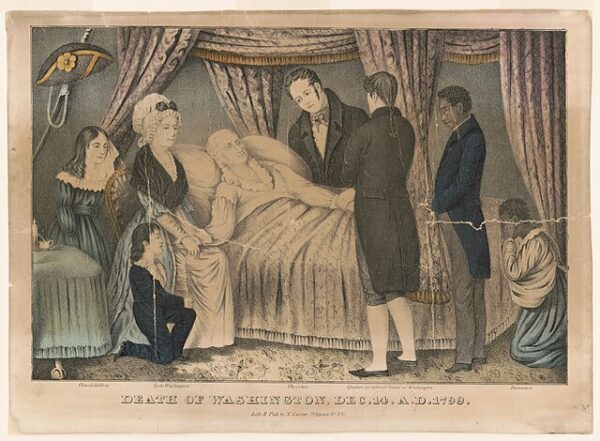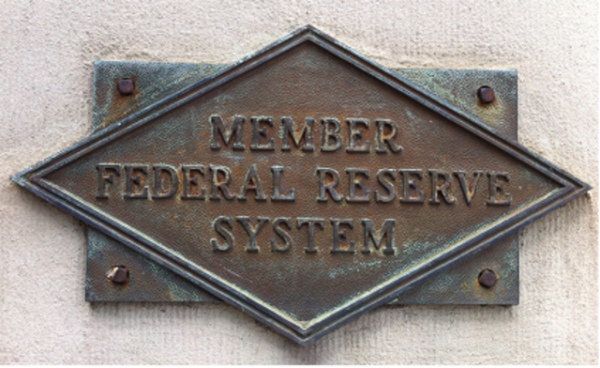On April 2, 1917, Woodrow Wilson stood before Congress to deliver one of the most significant speeches of his presidency. With solemn determination and unwavering conviction, the president, who promised to keep the United States out of the war in Europe, urged Congress to declare war on Germany, marking America’s entry into World War I. Resonant with fervor and impassioned rhetoric, the speech encapsulated the complex mix of principles, geopolitics, and national interest that propelled the nation into a global conflict.
Wilson took the moral high ground and declared that not only had America’s rights as a neutral nation been violated but that “the world must be made safe for democracy.” Americans must fight “for the rights and liberties of small nations” and to “bring peace and safety to make the world itself at last free.”
A month earlier, Americans had been shocked by a telegram that revealed Germany’s offer to Mexico to support its effort to reclaim much of the American southwest, including the states of Texas, New Mexico, and Arizona, in the Zimmerman Letter.
President Wilson started his address by highlighting the profound stakes facing the world, emphasizing the imperative of defending democracy and freedom against the encroaching forces of autocracy and tyranny. He depicted the conflict in Europe as a struggle between conflicting ideologies, portraying the Allies as champions of liberty and justice, and the Central Powers, led by Germany, as aggressors threatening the very foundations of civilized society. Wilson articulated a vision of America’s role as a beacon of democracy, asserting that the nation had a moral obligation to join the fight for a just and lasting peace.
Moreover, Wilson underscored the immediate threats posed by Germany’s relentless submarine warfare, which targeted neutral shipping and endangered American lives. He recounted numerous instances of civilian casualties, including the infamous sinking of the Lusitania, which had provoked outrage across the nation. Wilson argued that such brazen acts of aggression violated international law and constituted a direct challenge to America’s sovereignty and security. By framing the conflict in terms of self-defense and the protection of American interests, Wilson appealed to both the nation’s sense of justice and its instinct for self-preservation.
Wilson also emphasized the broader geopolitical implications of U.S. intervention, asserting that a German victory would destabilize the global balance of power and imperil the prospects for peace and democracy worldwide. He warned against the expansionist ambitions of the German government, which sought to dominate Europe and impose its authoritarian ideology on the rest of the world. Wilson envisioned a post-war order based on the principles of collective security, international cooperation, and the self-determination of nations—a vision that resonated deeply with his idealistic worldview and progressive agenda.
Wilson articulated a comprehensive strategy for mobilizing the nation’s resources and rallying public support behind the war effort. He called for a unified national response, transcending partisan divisions and harnessing the full capabilities of American industry, agriculture, and manpower.
The president also proposed sweeping measures to expand the armed forces, bolster military production, and strengthen domestic security. He invoked the spirit of sacrifice and solidarity, urging Americans to embrace their duty to future generations and to stand together in defense of liberty and democracy.
Congress declared war on Germany a few days later on April 6, 1917, and the United States officially became a global military player.






